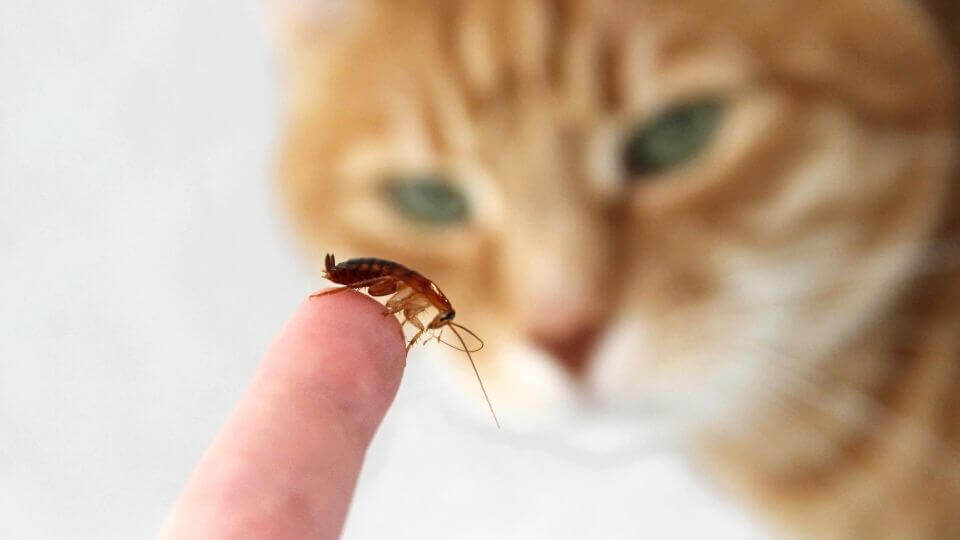Insects in cat nutrition raise questions about digestibility

Cats may readily enjoy an occasional insect snack, but a new study suggests they may be less able to digest one if it constitutes a large percentage of their diet.
Research from the University of Illinois Urbana- Champaign has been published in the Journal of Animal Science, the official publication of the American Society of Animal S…
Did you think it would be this easy? Nope! Just register. It’s free! Lorem ipsum dolor sit amet, consectetur adipiscing elit. Ut cursus turpis vel cursus ullamcorper. Sed ante mi, finibus eget porttitor a, tincidunt ac dolor. Vivamus ornare semper lorem, consequat commodo lectus elementum vitae. Cras id mattis urna. Donec rutrum dignissim lacinia. Duis ultricies sapien at ipsum tincidunt.
Sed in iaculis elit, sit amet convallis felis. Pellentesque non justo lectus. Donec sollicitudin lorem in sapien euismod varius at vitae mi. Maecenas ut elit ac risus consectetur vulputate. Praesent vel orci ante. Curabitur egestas dapibus nisi ac laoreet. Nullam a lacinia libero, non fringilla nisl.
You’re out of free articles,
register for unlimited access
